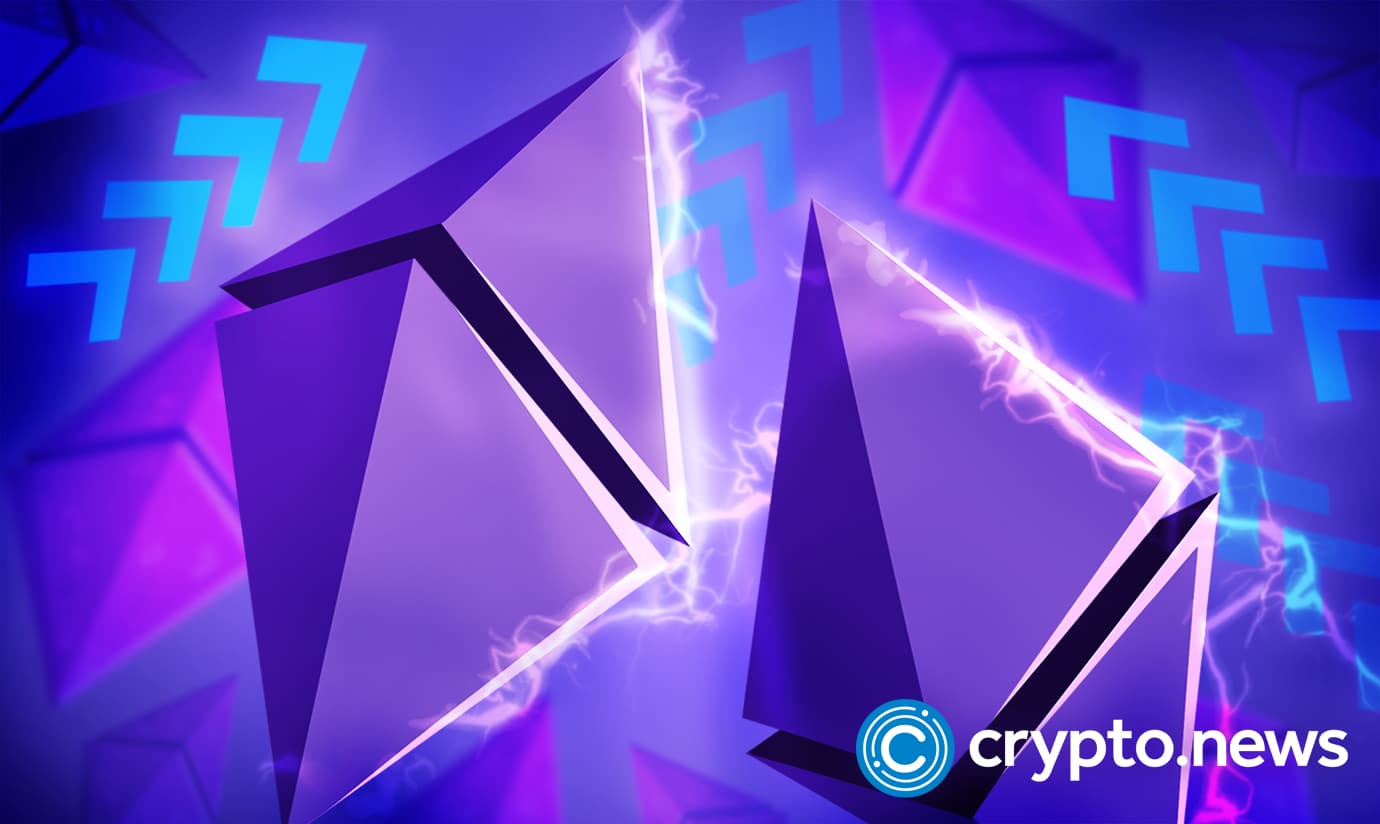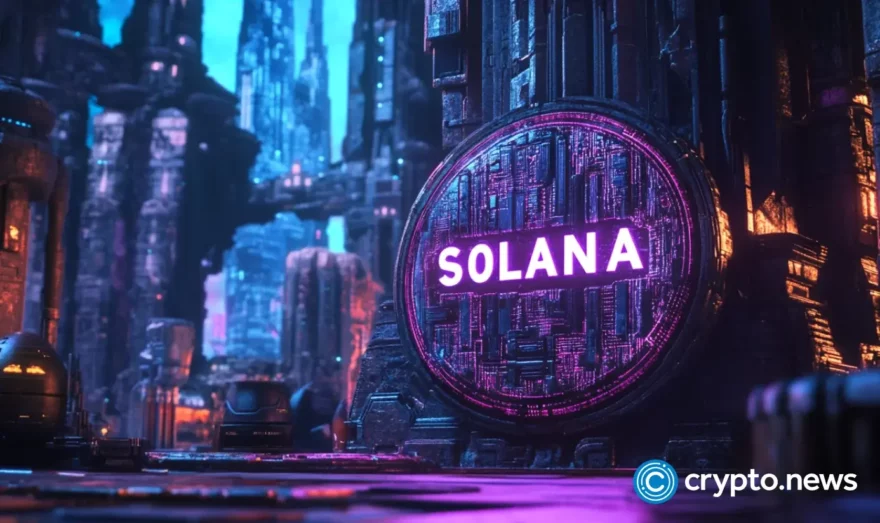Ethereum Gas Fees Explained

Eth gas emerged as Ethereum’s unique contribution while the world marveled at Bitcoin’s capabilities. Vitalik Buterin, a Russian-Canadian programmer, introduced Ethereum as an alternative, distinct from the flagship cryptocurrency. Unlike Bitcoin, which primarily focuses on digital currency, Eth gas extends its functionalities beyond online payments. Vitalik’s vision positioned Ethereum as a versatile network for deploying smart contracts and facilitating decentralized applications.
Table of Contents
Gas Fees Definition
Without much ado, Ethereum gas fees are referred to as payments made to complete transactions on the Ethereum network. These fees compensate Ethereum miners for the computing power used in verifying Ethereum transactions and are typically paid in the blockchain’s native cryptocurrency, ETH.
What Is Gas?
Gas is the unit of measure of the computational effort required to carry out specific operations on a blockchain network. Blockchain transactions need computational resources to take place; hence, a fee is charged for each transaction. In layman’s terms, gas refers to the fee charged for completing a transaction successfully.
How Are Ethereum Gas Fees Calculated?
The cost of Gas is denoted in gwei, a very small denomination of ETH.
1 gwei = 0.000000001 ETH
The word ‘gwei’ comes from ‘giga-wei’, and is equivalent to 1,000,000,000 wei.
For instance, in a case where the gas price is 0.000000001 ether, this translates to 1 gwei.
Similarly, a gas fee of 30 gwei is equivalent to 0.000000030 ETH.
Ethereum’s London hard fork in August 2021 simplified Ethereum gas fees calculation:
Total Gas Fee = Gas units (limit) x (Base fee + Tip)
Gas Limit
The gas limit refers to the maximum amount of energy (gas) an ethereum user is willing to pay for a transaction on the blockchain. Most wallets and exchanges set a gas limit of 21,000 gwei for standard Ethereum transactions, but users are at liberty to manually edit this limit. Higher gas limits are normally placed in case of gas wars where many users compete over transaction priority in the next block. Ethereum only uses the amount of gas needed for the transaction, and the unused gwei balance is refunded to the wallet. However, setting low gas limits may cause transactions to fail, resulting in wasted gas fees you can never recoup.
Base Fee
The base fee is the minimum amount of gas required to complete a transaction on the Ethereum blockchain. Every block has a base fee that acts as a reserve price and depends on the network’s congestion. The base fee is determined by previous blocks making transaction fees more predictable. As a deflationary mechanism, when the block is mined, this base fee is “burned,” removing it from Ethereum’s supply circulation.
The base fee is computed by comparing the size of the previous block, i.e., gas used for all the transactions on that block, with the target size. The base fee increases by 12.5% per block if the target block size is exceeded.
Priority Fee (tips)
Priority fees (tip) incentivize miners to include a transaction in the block. A high priority fee leads to quicker transaction processes. Miners receive the same block reward and would therefore find it beneficial to mine empty blocks. Tips, therefore, provide miners with a minimal incentive to include a transaction, especially for priority transactions that need preferential execution ahead of others in the same block. A higher tip outbids competing transactions.
Max Fee
Users specify maximum limits to pay for their transaction to be executed. This optional parameter is the max fee PerGas, and it must exceed the sum of the base fee and the tip. The transaction sender is refunded the difference between the sum of the base fee, the tip, and the max fee (i.e., max fee – (base fee + tip) is returned).
Calculation
Given a case to mine an NFT for 1 ETH.
Gas Limit = 21000 units
Base Fee = 50 gwei
Tip = 15 gwei
Total Gas Fee = Gas units (limit) x (Base fee + Tip)
Total Gas Fees = 21000 * (50+15) = 1,365,000 gwei
=0.001365ETH
1.001365 ETH is charged to the user’s wallet. 1 ETH is received by the NFT wallet, while the miner gets the tip of 0.000315 ETH, and the base fee of 0.00105 ETH is burned.
Why Ethereum Gas Fees Are High
High Ethereum gas fees result from the popularity of Ethereum. Ethereum transactions require consuming gas, and gas space is limited per block. With the growth of dapp functionality and complexity, the number of operations a smart contract performs also grows. Thus, each transaction takes up more space of a limited size block. With high demand, users must offer higher tips to outbid other transactions.
The gas price is highly volatile and dependent on many factors. The two main factors for each blockchain are:
- Block time – The time is taken to generate new blocks.
- Transaction throughput – number of transactions processed.
The quicker blocks are generated and the more the number of transactions held, the less block-space competition there will be, thus cheaper transaction fees.
Ethereum has a block time of 13 seconds and a block size of approximately 70 transactions. Such a small block size and high network usage results in extremely high gas fees for Ethereum. Comparatively, Bitcoin’s block time is about 10 minutes with a maximum block size of 1 MB. Each block can process from 500 to 4,000+ transactions depending on the transaction size, while Solana has a block size of .4 seconds and a throughput of 20,000 transactions resulting in meager gas fees.
Making gas fees more affordable
A multi-phase Ethereum 2.0 upgrade is set for August 2022, designed to heighten scalability, security, and efficiency, changing from a proof-of-work consensus to a proof-of-stake model. Transaction throughput will significantly improve and reduce gas fees by decreasing the amount of computing energy required per transaction.
Layer 2 Scaling Solutions
Layer 2 protocols (L2) are secondary scaling frameworks built on existing Layer 1 blockchains. They are designed to improve transaction throughput and reduce gas fees.
Sidechains
These detached blockchain networks connect to a parent blockchain using a two-way bridge but operate under independent consensus protocols. With smart contracts, sidechains transfer tokens securely back and forth between blockchains. For Ethereum, Polygon is a quick, cheap, and scalable alternative.
Rollups
These are scaling solutions batching together multiple blockchain transactions at once, and storing the transaction data on the main blockchain while performing the transaction on a separate chain. Rollups facilitate increased throughput and lower gas fees by validating transactions on-chain while relying on off-chain execution.
In Summary
Aside from scalability, gas fees are top of the list of factors crippling the network. Clearly, gas fees are responsible for all operations in the network. As the name suggests, ‘gas’, a slight spike in its fees renders the network expensive, which raises concerns about its viability. Despite the high hopes, there is still a lot of scrutiny whether the upcoming merger would bring balance to the rising gas fees. However, the silver lining that Ethereum fanatics should look forward to is knowing that the move will do away with miners.
Frequently Asked Questions on Ethereum
Here are some FAQs and their answers about the second largest crypto by market capitalization.
What Is Gas fee?
On Ethereum’s blockchain, “gas” is the cost or charge needed to complete a transaction or carry out a contract. The fee is paid in tiny portions of the digital currency ether (ETH), usually known as gwei or occasionally as nanoeth.
These fees add an extra layer of security for ETH users by making it pricey for scammers to use the network and also pays Ethereum miners for the energy expended to validate transactions. These fees are determined by ETH network user’s and miners. Miners can refuse to execute a transaction if the gas price does not match their threshold charges. Users offer varying fees depending on how fast they would like their transaction processed.
What Is Gwei?
The cryptocurrency ether (ETH), has a unit called Gwei which is used on the Ethereum network to purchase and sell goods and services.
The most popular ether unit is the gwei since it is simpler to quantify Ethereum gas costs in gwei. One gwei is equivalent to 0.000000001 ETH and 1 ETH is equal to 1 billion gwei.
In honor of Claude Shannon, a mathematician and cryptographer known as “the father of information theory,” Gwei also goes by the nickname “shannon.”
What Is Ethereum Merger?
The Merge signifies the union of Ethereum’s existing execution layer (the Mainnet as we know it today) and its new proof-of-stake consensus layer, the Beacon Chain. It’s like a software upgrade. It does away with the necessity for energy-intensive mining in favor of securing the network using staked ETH. More scalability, security, and sustainability – a genuinely exciting step toward accomplishing the Ethereum mission.
According to some analysts, the update could help Ethereum thrive after new blockchain projects have eaten into its market share over the last six months.















